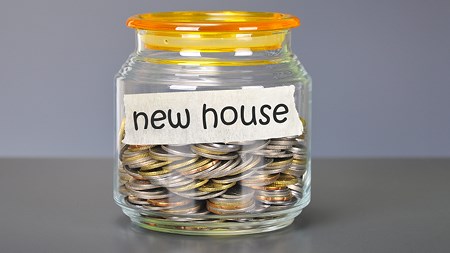The interest rate that you pay on a home loan has a major effect on your cash flow and ability to service your debt. Here's how you can get a better interest rate.
First-time home buyers often get consumed by positive emotions after qualifying for a home loan, while overlooking how interest rates may impact their monthly home loan repayments.
Read more: What is the interest rate?
Stanley Mabulu, Channel Management Head in the Home Loans division at FNB, says the interest rate that financial institutions charge on a home loan has long-term ramifications on consumers’ ability to service debt. This is partially due to the nature of interest rates that fluctuate as economic conditions change.
“Moreover, the higher the interest rate, the more you are likely to repay at the end of the month,” adds Mabulu.
For example, if you take out a home loan worth R500 000 for 20 years at an interest rate of 13% (Prime plus 3%) you are likely to pay a monthly home loan repayment of R 5 900. However, for the same home loan on an interest rate of 11%, you are likely to pay R 5 200, which would save you R 700 monthly.
Mabulu, shares three essential tips on how consumers can get a better interest rate when applying for a home loan.
• Credit score – banks consider a number of factors and financial discipline when assessing your credit score. This information is used to determine your individual risk profile and ability to repay the loan.
“A good credit score often results in the bank offering you a good interest rate, while a poor credit score can lead to a higher interest rate or even your home loan being declined,” says Mabulu.
• Negotiate – many consumers often accept the initial interest rate that they are quoted without attempting to negotiate. Financial institutions are often willing to negotiate to reach a mutual agreement which suits both the bank and customer.
“If you are fortunate enough to get a favourable interest rate, rather pay the difference (money saved) as an additional payment into your home loan account every month to save on the total interest payable over the home loan term,” advises Mabulu.
• Higher deposit – paying a higher deposit reduces the risk that the bank is exposed to when granting you the home loan. As a result, this positively impacts your credit profile enabling you to secure a more attractive interest rate. “Although the impact of a higher interest rate may not immediately be visible, the effects often catch with consumers in the long-term,” concludes Mabulu.




